In the wake of the pandemic, the disconnect from our neighbors, friends, and family has highlighted that parks, gardens, and outdoor civic space are necessary public resources, yet many New Yorkers find they have limited access to public open space. These spaces offer a chance to connect with the lived environment, get to know your neighbor, and share cultural histories. FWD’s mission is to increase access to public open space while fostering a sense of belonging in communities.
Beyond increasing access to public space, FWD prioritizes the voices of local residents who aren’t always included in project decisions in their own neighborhoods. Development and park improvements can often lead to gentrification and displacement. We look toward models such as community land trusts to ensure stewardship of the land by those who currently live there. FWD unearths individual and collective narratives embodied in a place by building future memories with local materials and native planting.
FWD serves those most impacted by climate change as we see environmental justice as social justice. To promote ecological diversity is to combat placelessness. Native species not only support habitat and biodiversity, but they also signal to people the uniqueness of a place. As landscapes, regardless of climate or culture become homogenized, they lose what makes them remarkable and humans lose the ability to decipher one place from another.
In response to recent social movements in the US that exposed the inequities of the design industry, FWD is in the process of establishing a worker-owned cooperative. Alternate business models prioritizing workers’ rights and agency offer a path forward for the profession and its most valuable resource: its workers. Employee ownership not only benefits the firm and the industry, but also the broader community.
Worker-owned models are vehicles for change looking to build wealth and empowerment in the design fields and broader public. By establishing a system of democracy internally, we as practitioners are more prepared to cultivate engagement with communities externally. Most cooperatives in New York are mission-driven organizations formed by women, BIPOC, and queer communities, but very few of these models exist within the design industry currently. Equity is wealth and without acknowledging the current disparity of wages between owners and workers, a true sense of belonging will remain unattainable. Worker-owners not only benefit from wealth generation, but also from decision-making power and agency. With discussions of high turnover, burnout, and declining mental health in the design industry, we must reevaluate how we practice. Shared ownership offers a possible solution. FWD would like to offer insights into how a business model can affect practice and collaboration within communities.
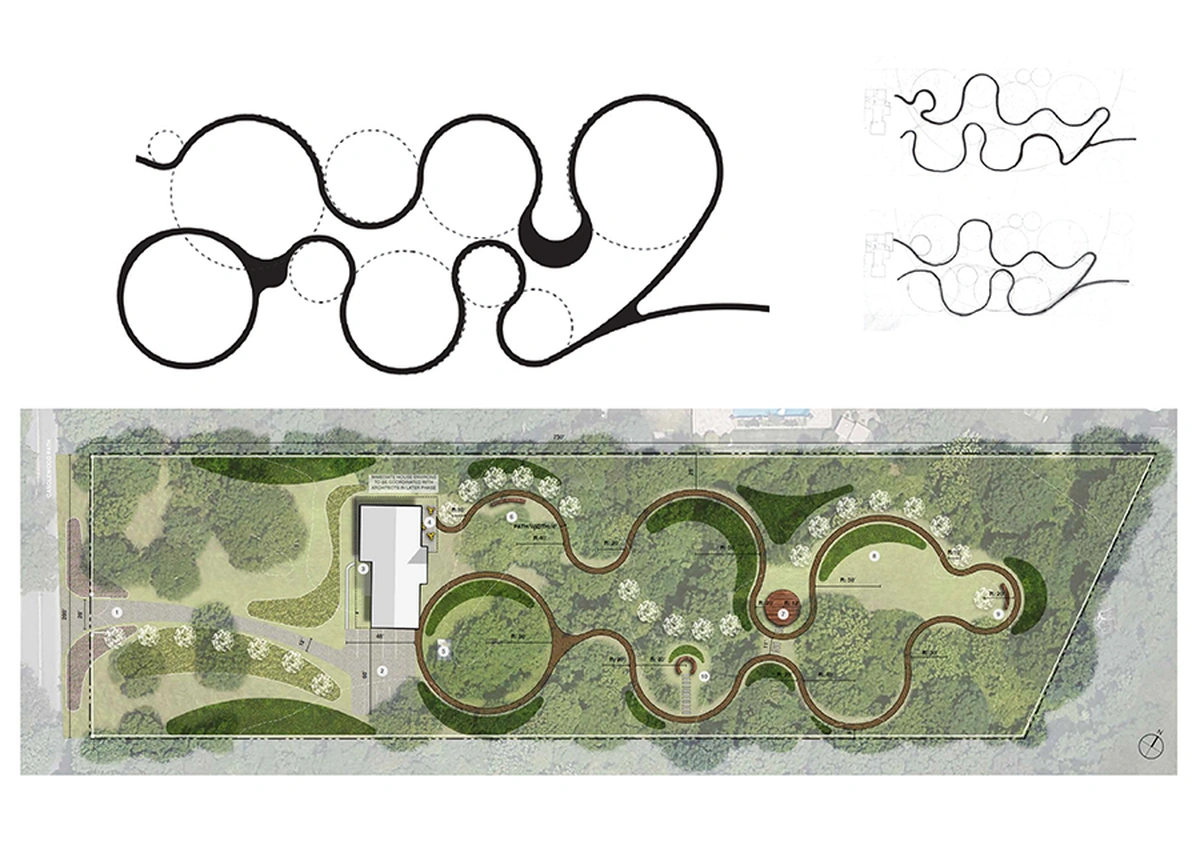
The John and Alice Coltrane Comprehensive Site Plan concept is inspired by the major chord changes underlying Coltrane’s ‘A Love Supreme,’ which was composed within the home in Dix Hills. The design extrapolates this musical order to draw out the radii of imaginary circles, arranged through the forest, upon whose arcing forms the meditative paths were then laced throughout to create a dynamic, yet ordered, meditative walking trail. (Work Completed at Nelson Byrd Woltz)
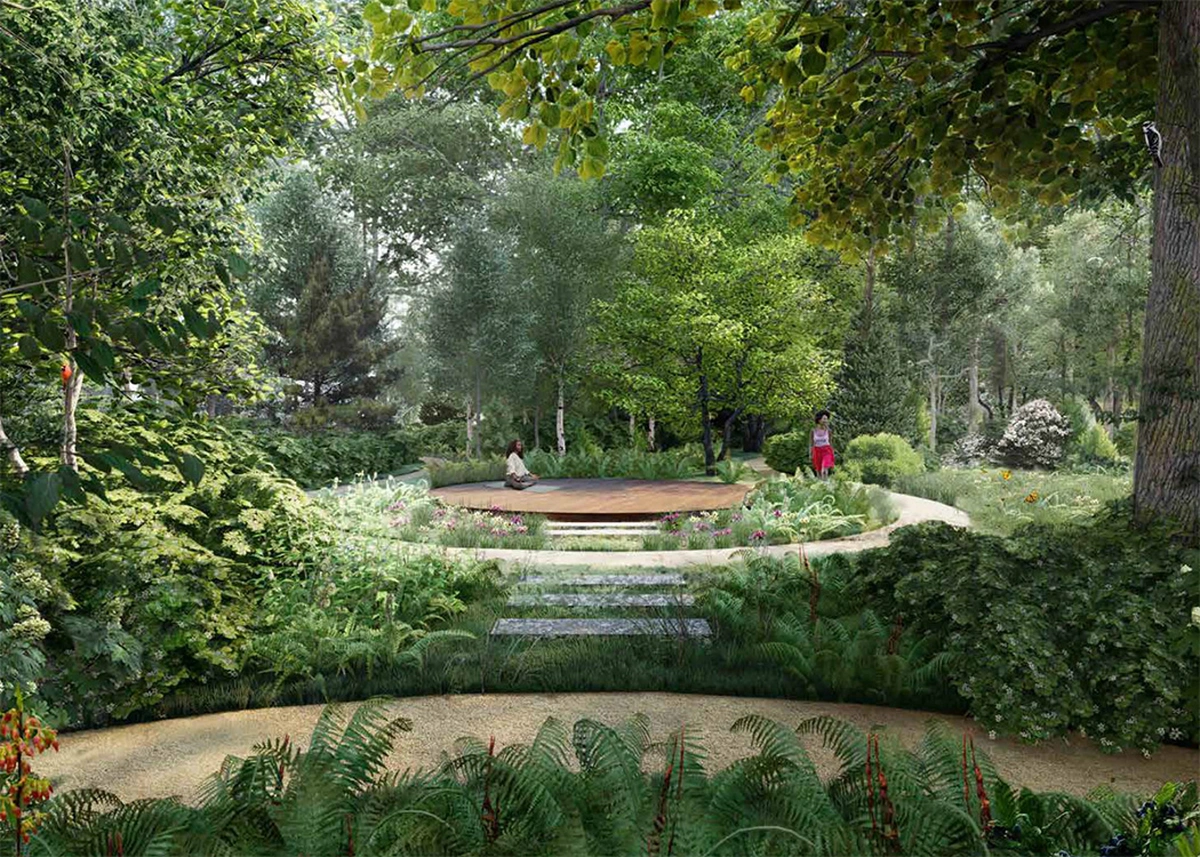
The variously sized circular outdoor “rooms” allow for a variety of experiences—with some circles host to stepping stones inviting one to venture off the main path, and others featuring benches, furnishing, or a soft clearing in which to rest upon one’s journey. These qualities of the concept created a uniquely flexible framework for future design iterations (Work completed at Nelson Byrd Woltz)
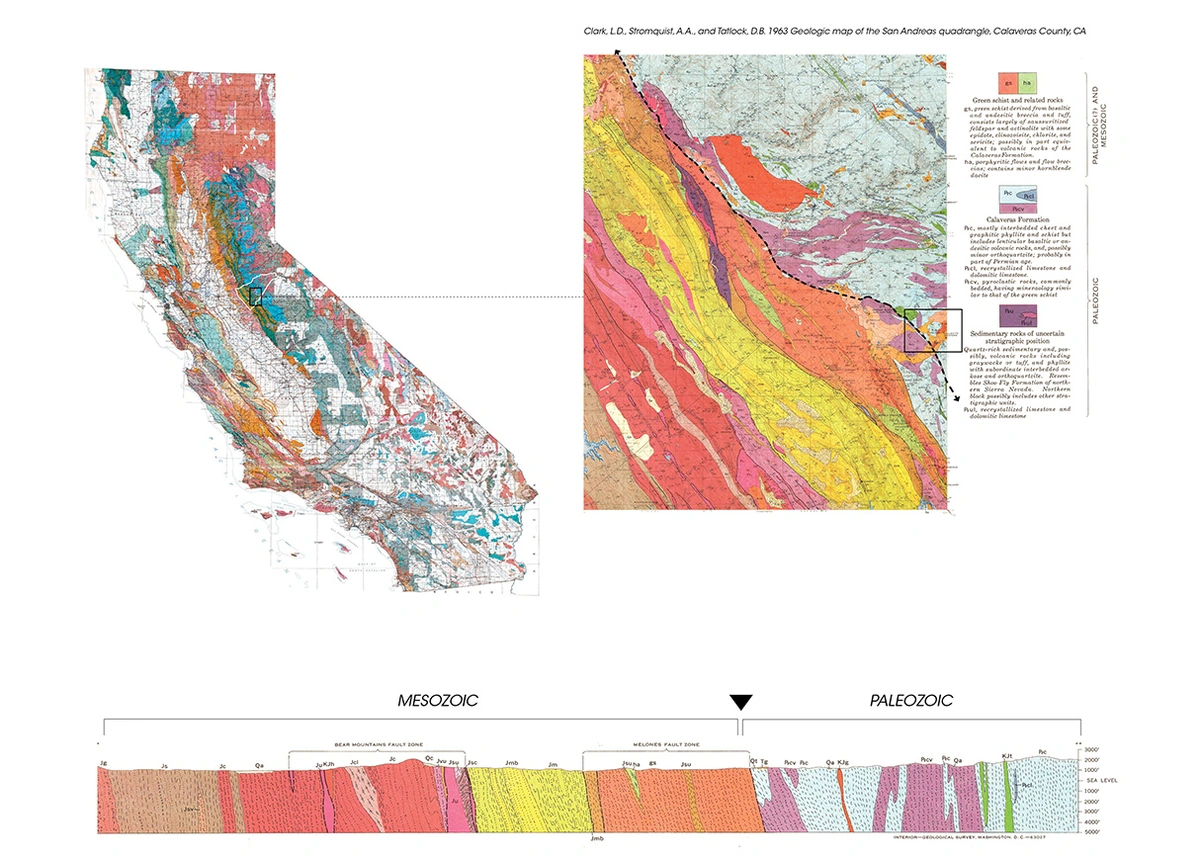
The Land of Make+Believe sits perched on edge of time, occupying the space geologically between the Mesozoic and Paleozoic Eras. The ecological response of a transition between the Mediterranean and Western Cordillera at this edge further emphasizes the power and energy of this site.
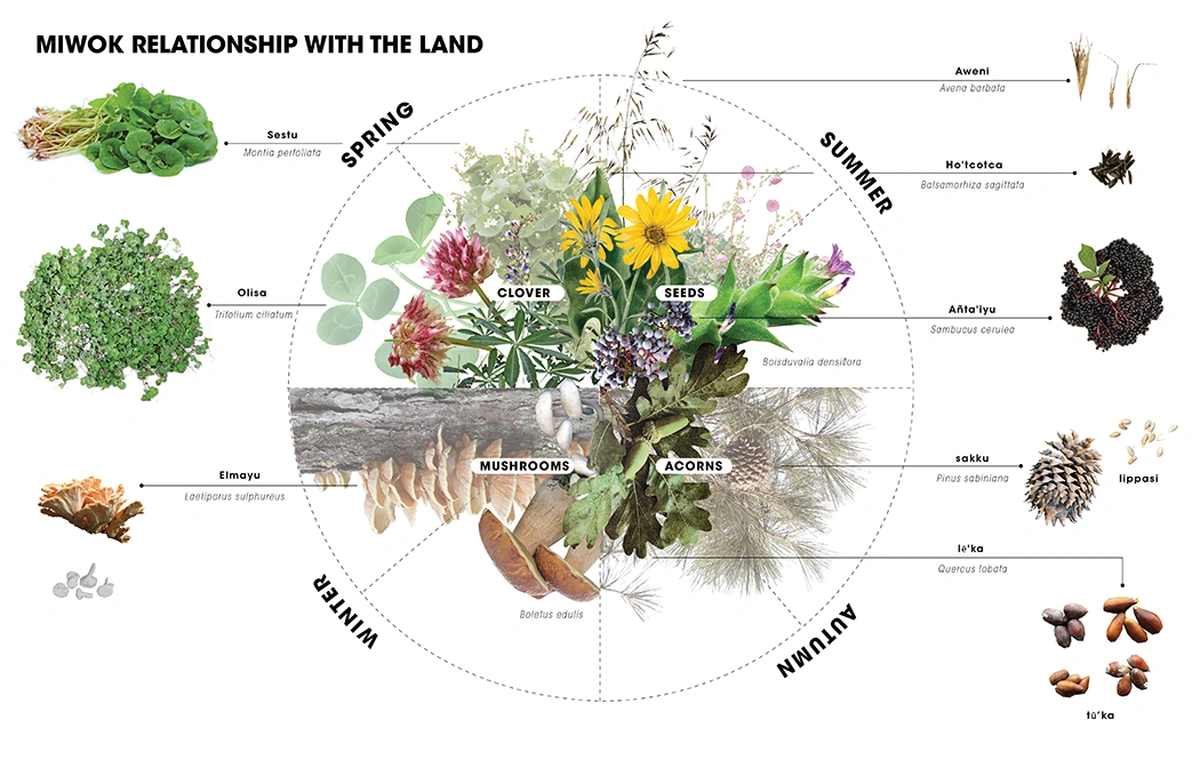
The Miwok were drawn to this landscape of transition and migrated seasonally between the cooler Sierran Montagne Forests in the summer and the warmer Foothills and Central Valley in the Winter. Distinct plant communities respond to the dynamic topography and microclimate on site.
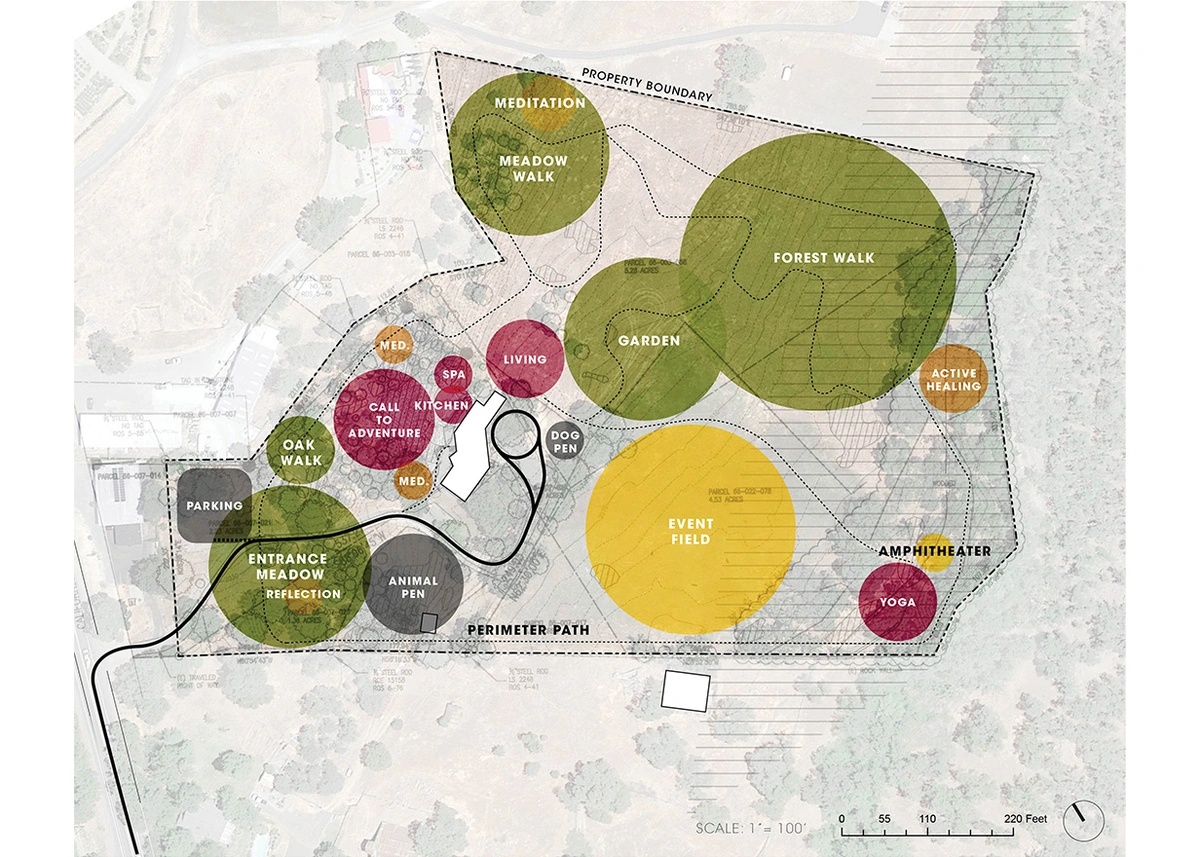
Early programmatic studies show a constellation of communal and individual spaces presented to us by the land, calling for the community to action, to heal, to grieve, to rest, to create, to be. The site, with its dynamic collection of ecological communities, invites you to occupy the edge, the transition, the liminal space between infinite experiences.
Ellen Garrett is the founding member of the Flatbush Workshop for Design. She launched the practice in January of 2022 after working for nearly a decade at notable New York City design firms. In addition to being a licensed landscape architect, she is also an academic, having taught at City College of New York, Harvard GSD, and The Rhode Island School of Design where she currently leads the Written and Visual Narrative course for Thesis students.